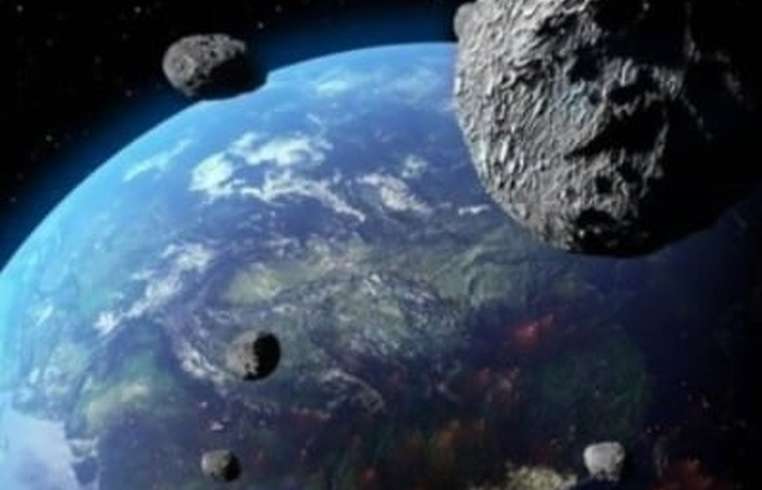
News - Asteroid sample discovered that could reveal secret about origin of life on Earth
Business Strategy
Asteroid sample discovered that could reveal secret about origin of life on Earth

NASA revealed Wednesday that newly returned samples from a 4.5-billion-year-old asteroid contain traces of carbon and water—molecules that are thought to make up the building blocks of life, NBC News reported. The findings could help scientists understand how the solar system formed and how life started on Earth. The agency provided the first glimpse of the rocky samples, detailing how early studies have already yielded exciting results. The pieces of space rock contain water molecules locked up in clay minerals and are rich in carbon, according to NASA researchers. The samples were retrieved from the surface of a near-Earth asteroid known as Bennu, which is estimated to have formed in the first 10 million years of the solar system’s existence. The preliminary results are promising because the space rock's water and carbon content may explain how water was originally delivered to Earth. As such, the asteroid may have played a key role in how life emerged on our planet, said Dante Lauretta, leader of the OSIRIS-REx mission and a professor of planetary sciences at the University of Arizona.






